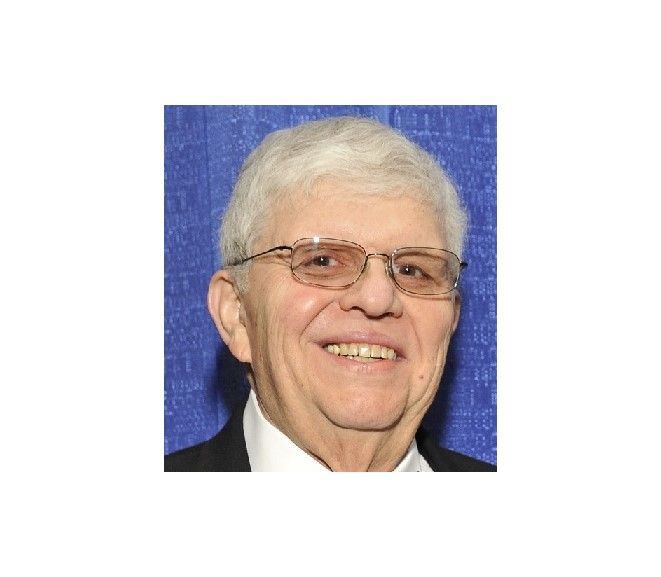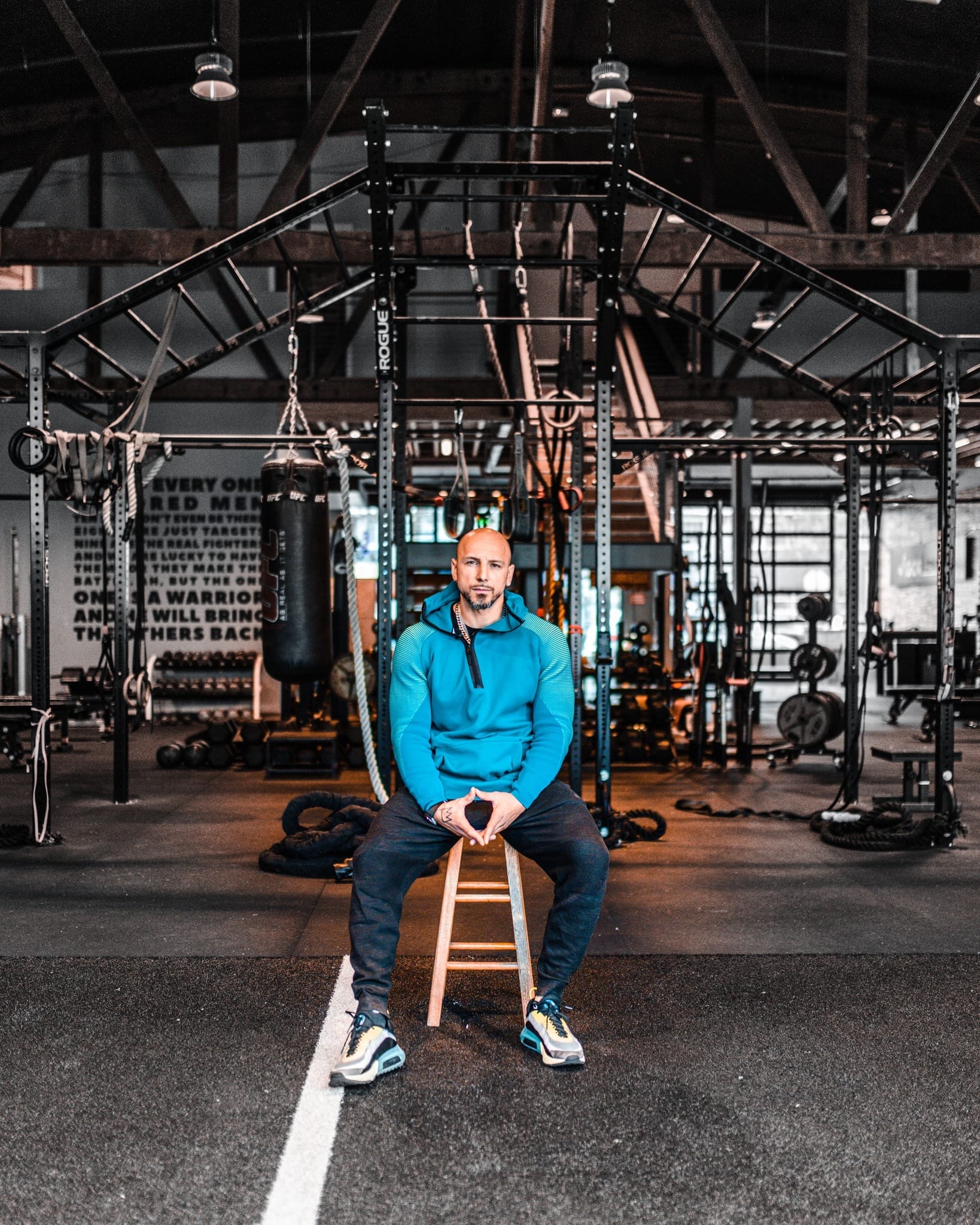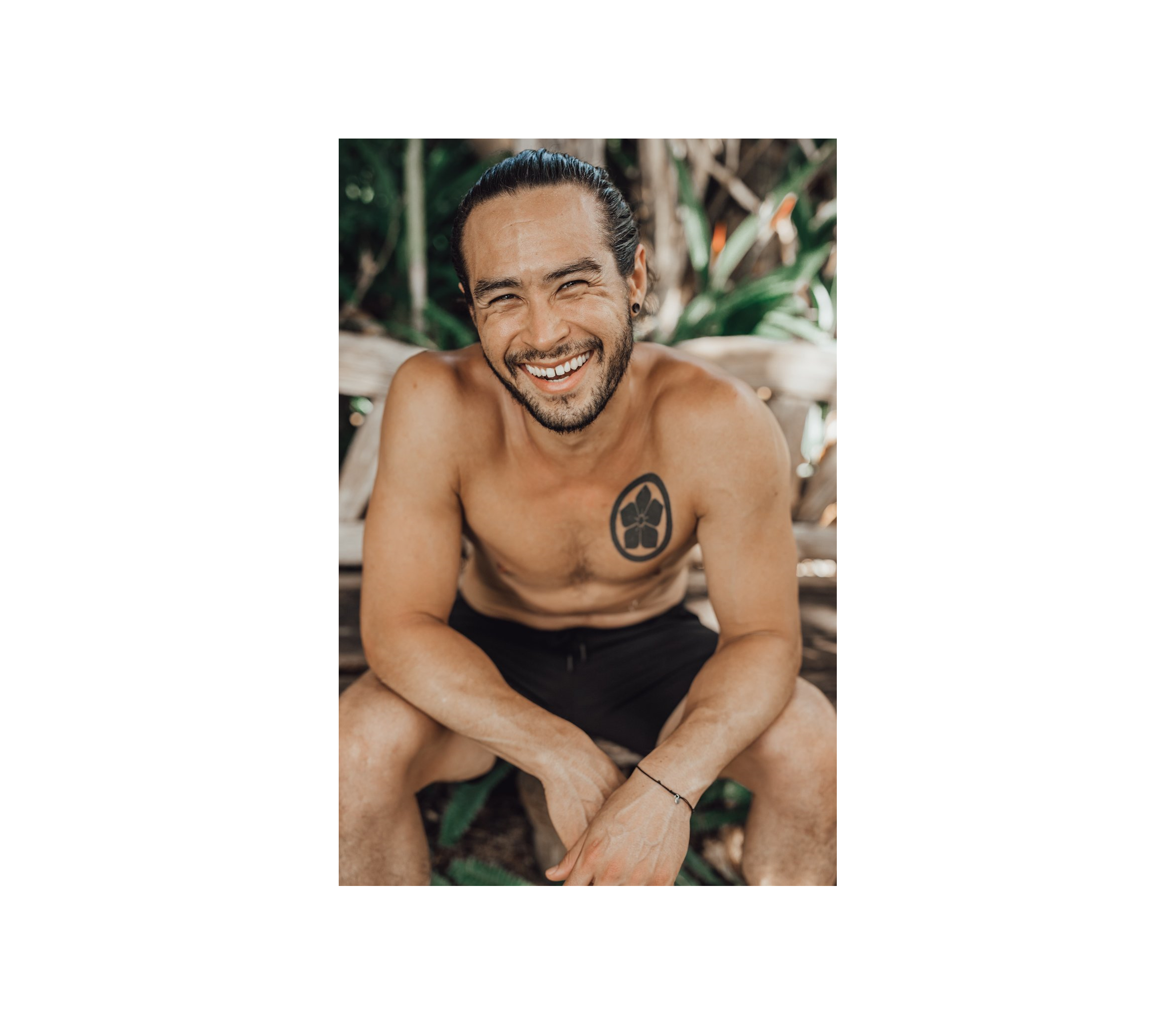Interested in starting your own entrepreneurial journey in personal development but unsure what to expect? Then read up on our interview with Carl Harshman, Founder of the Institute for Work Attitude & Motivation, located in Saint Louis, MO, USA.
What's your business, and who are your customers?
We have had an organizational and leadership consulting company for 40 years. Included was an assessment division. When the woman running that division retired, we closed the division but kept some of the tools. In 2002 we discovered a unique assessment called the Inventory for Work Attitude and Motivation, iWAM for short. It is published by a company called jobEQ. We tested the instrument with a client's leadership team and sales organizations. The client liked the results, and we contracted to use the iWAM. The iWAM was so powerful in helping individuals understand their motivation in the context of work and in helping teams learn how to be more effective with each other by understanding how both similarities and differences can be potential assets and liabilities that we contracted with the publisher to be the iWAM representative for the United States and Canada.
As part of the agreement, we developed a more rigorous certification program for professionals, provided professional development programs, and supplied help desk services for certified professionals and organizational users. Our clients are individuals (consultants and coaches) and organizations (businesses, not-for-profit organizations, and educational institutions). We both train and support professionals' use of the iWAM with their clients and use the iWAM with organizational clients in our consulting business.
Tell us about yourself
I started working in small family businesses at a very young age. I left home at 17 and worked/paid my way through college in four years. I started my first job with a college degree the day after graduation, so work is all I've ever known. After college, I worked in three different industries (insurance sales, social service, and construction) before landing a job at a university. I spent 14 years in higher education, the last seven as a college dean and tenured full professor. Then I decided I needed to do something different. Then, as has been the case often in my life, the universe conspired on my behalf.
I encountered an old friend at a conference, and he asked what I was up to. I replied, "Looking for a job." Since he knew I was a dean and professor, he expressed some surprise. When I explained the situation, he said we needed to talk. After finishing his doctorate, he joined a consulting firm and later formed his own company. He wanted to meet to tell me what they did and to see if I might like doing it.
Six months later, he showed up in my office, and he talked about the incredible organizational change work they were doing. Two months later, I sat in on a two-day meeting of his consultants as they reviewed current clients and talked about what was on the horizon. I was intrigued. On the way to the airport, he asked if I was interested. I said yes. I had incorporated the consulting company after our first meeting, and he gave me my first client (a Ford Motor Company plant) after the ride to the airport. I used my university vacation time to work with that client in the spring. Then, two months later, my friend said he had a steel mill that needed a consultant. I was hooked.
Since I did not have enough vacation time to work with two clients, I took a half-time sabbatical during my last year as dean, having concluded (a) that I was not interested in being a vice president or president of a university and (b) that being a full-time professor was way too boring. During the first three months of the sabbatical, John Deere became a client.
I never returned to the university. When I gave speeches, after the introduction and the rundown of my bio, I would joke that there must have been something in my file that we're not revealing because who leaves the best job in the world (that's how I described the dean's position) and a tenured full professor position to start a business?
Several things motivated and continue to motivate me. First and foremost, I have always wanted to make a difference. Initially, the focus was on the workplace. I had worked in so many different jobs growing up and in college, and after that, I had a sense of how the workplace impacted attitude, performance, and quality of life. I also discovered that it was virtually impossible to change those workplaces from the inside, so I decided to try outside. (After 40 years, it's not any easier outside, but the difference is enough to keep me here.)
The second aspect that motivates me is the opportunity to impact the lives of individuals positively. I've had a wide range of teachers and mentors, each of whom contributed something unique to the repertoire of knowledge and tools in my kit. I am the conduit for sharing these with individuals with the possibility that they can use them to impact their lives in the way they desire.
I would also be remiss if I didn't share the fact that I am motivated by being "free." In one sense, the notion of freedom is an illusion. Having your own business with employees, clients, and commitments binds you in a way that works for others may not. At the same time, I'm happy to accept that responsibility in exchange for the amount and extent of control I have over what is done and how it is done. It's been a fair trade and a good deal for me.
What's your biggest accomplishment as a business owner?
There is no "biggest." Several things come to mind that I might put on a list as possibilities:
-After 40 years, I'm still in business.
-After 40 years, I still like/love what I do.
-I can look back and, knowing what I know now, there are things I would do differently in running my businesses.
-I can look back and, knowing what I know now, there are things I would do differently in working with some clients.
What's one of the hardest things that comes with being a business owner?
As a consultant:
- Waking up every morning potentially unemployed.
- Dealing with the "Imposter Syndrome."
- Getting the right level of knowledge/skill and balance among business models, marketing, managing people, customer/client service, and finance.
What are the top tips you'd give to anyone looking to start, run and grow a business today?
- Be sure you have the motivation and attitude to be an entrepreneur or business developer.
- Getting the right level of knowledge/skill and balance among business models, marketing, managing people, customer/client service, and finance.
- Be sure you can manage your fear and failure. Both are going to appear on your horizon.
Where can people find you and your business?
Website: http://www.iwaminstitute.com/
LinkedIn: https://www.linkedin.com/groups/1996681/
If you like what you've read here and have your own story as a solo or small business entrepreneur that you'd like to share, then please answer these interview questions. We'd love to feature your journey on these pages.
Turn your craft into recurring revenue with Subkit. Start your subscription offering in minutes and supercharge it with growth levers. Get early access here.



